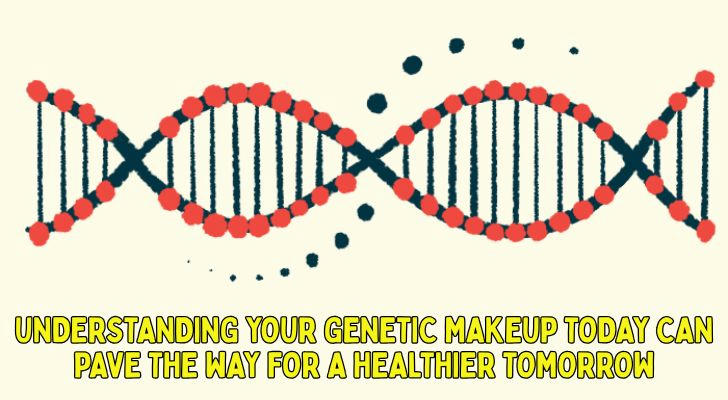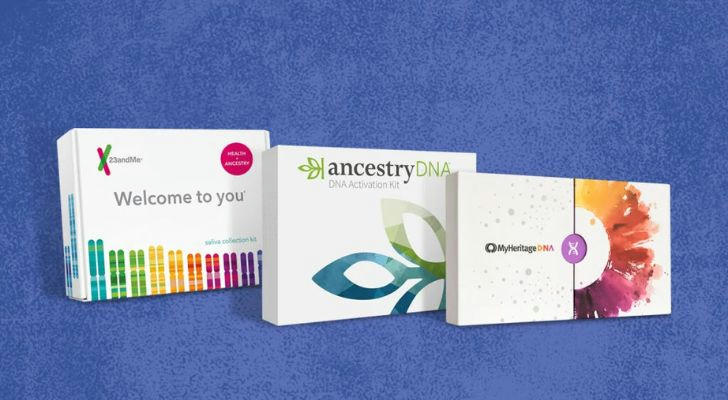🧬 Genetics & Ancestry: Understanding Your Health Risks in a Changing America
In today's world, ancestry and genetics are no longer confined to family tree research. They’ve become powerful tools to unlock health risks that can shape our future. Whether you’re navigating a healthcare system in flux, considering a genetic test, or simply curious about how your ancestry affects your well-being, understanding the connection between your genes and health is more important than ever.
In the United States, where healthcare disparities and chronic diseases are prevalent, genetics is becoming an essential part of personalized medicine. But how much of your health is shaped by your DNA? And how can you use that knowledge to make smarter health choices?

🔬 Genetics: The Blueprint of Your Health
At the heart of genetics is DNA, the molecule that carries all the instructions for your body’s functions. It’s responsible for everything from eye color to disease susceptibility. However, genetics isn’t a simple matter of "you get what your parents had." It’s a complex mix of inherited traits and environmental factors.
In fact, a 2020 study published in Nature Medicine found that genetic predisposition accounts for about 20-30% of the risk for common health issues like heart disease, diabetes, and cancer. The rest of the risk comes from environmental influences—such as lifestyle choices, diet, and stress levels.
🌱 How Your Ancestry Shapes Your Health
Ancestry isn’t just about knowing where your ancestors came from — it’s also a map of health risks that may be passed down through generations. Certain genetic traits are more common in specific ethnic groups, which means people of different backgrounds may face different health challenges.
For example, individuals of African, Hispanic, and Native American descent are more likely to develop hypertension (high blood pressure) compared to individuals of European descent. Similarly, Caucasian populations have a higher risk of developing certain types of skin cancer due to lighter skin tones and less melanin production.
💡 Key point: Understanding your ancestral health risks can help you take preventative steps before conditions like high cholesterol, diabetes, or even genetic disorders like sickle cell anemia or cystic fibrosis develop.

🧬 Genetic Testing: A Step Toward Empowered Health Decisions
In recent years, genetic testing has become more accessible and affordable. Companies like 23andMe and AncestryDNA have popularized the idea of using DNA testing not just for tracing ancestry, but for predicting health risks. These tests can provide valuable information about potential genetic conditions or diseases you might be predisposed to.
For instance, genetic tests can help identify mutations in genes such as BRCA1 and BRCA2, which are associated with an increased risk of breast and ovarian cancer. Early knowledge of such risks can guide women in making informed decisions about screenings, lifestyle choices, and even preventive surgeries.
💡 Statistic: According to the Centers for Disease Control and Prevention (CDC), about 5-10% of breast cancers are inherited, which makes understanding genetic risk all the more important for those with a family history.

💭 The Changing Face of Health Risks in America
As America becomes more diverse, the population’s genetic makeup is evolving. This shift brings about new opportunities to better understand health risks and manage them based on genetics. However, it also presents unique challenges for healthcare professionals who must navigate a broader array of health concerns influenced by ethnicity and geography.
For example, Asian-American women are at a higher risk for gestational diabetes during pregnancy, while African-American women may face an elevated risk of fibroids (non-cancerous growths in the uterus). These unique conditions highlight the need for personalized healthcare that takes both genetics and cultural context into account.
Moreover, research is now looking at how genetic diversity influences disease outcomes. A 2022 study published in JAMA found that minority groups in the U.S. often face worse outcomes from diseases like cancer and diabetes, partly due to the lack of genetic data and research specific to their populations. This data gap could mean less accurate risk assessments for people of certain ethnicities.
🏥 Practical Steps to Understand Your Genetic Risks
Understanding your genetics and ancestry is a powerful tool, but it’s not just about taking a test. Here are some practical steps to consider:
1️⃣ Talk to Your Doctor
If you’re thinking about genetic testing, discuss it with your healthcare provider first. They can help determine whether testing is appropriate for you based on your family history and health background.
2️⃣ Know Your Family History
Knowing your family’s health history is an essential piece of the genetic puzzle. Talk to relatives about conditions that may run in the family, and use this information to guide discussions with your healthcare provider.
3️⃣ Stay Informed About Genetic Research
Genetic science is advancing rapidly. Keep up with new findings, especially those related to your ethnic background and any conditions that might be prevalent in your family.
4️⃣ Adopt a Healthier Lifestyle
Even if genetics play a role in your health risks, adopting a healthier lifestyle can mitigate those risks. Regular exercise, a balanced diet, and managing stress can significantly reduce the likelihood of developing many genetic conditions.
🧠 ** Genetics, Ancestry, and Your Health Journey**
Understanding your genetic makeup and ancestral health risks is more than just a scientific curiosity—it’s a personal empowerment tool. In a country where healthcare is constantly evolving, knowing how your genes and ancestry influence your health can help you make more informed decisions about prevention, treatment, and lifestyle.
Genetics is just one piece of the health puzzle. But armed with the right knowledge, you can better navigate the changing landscape of health risks in America and create a healthier future for yourself and your loved ones.
🌟 Empower yourself with knowledge. Understanding your genetic makeup today can pave the way for a healthier tomorrow.
